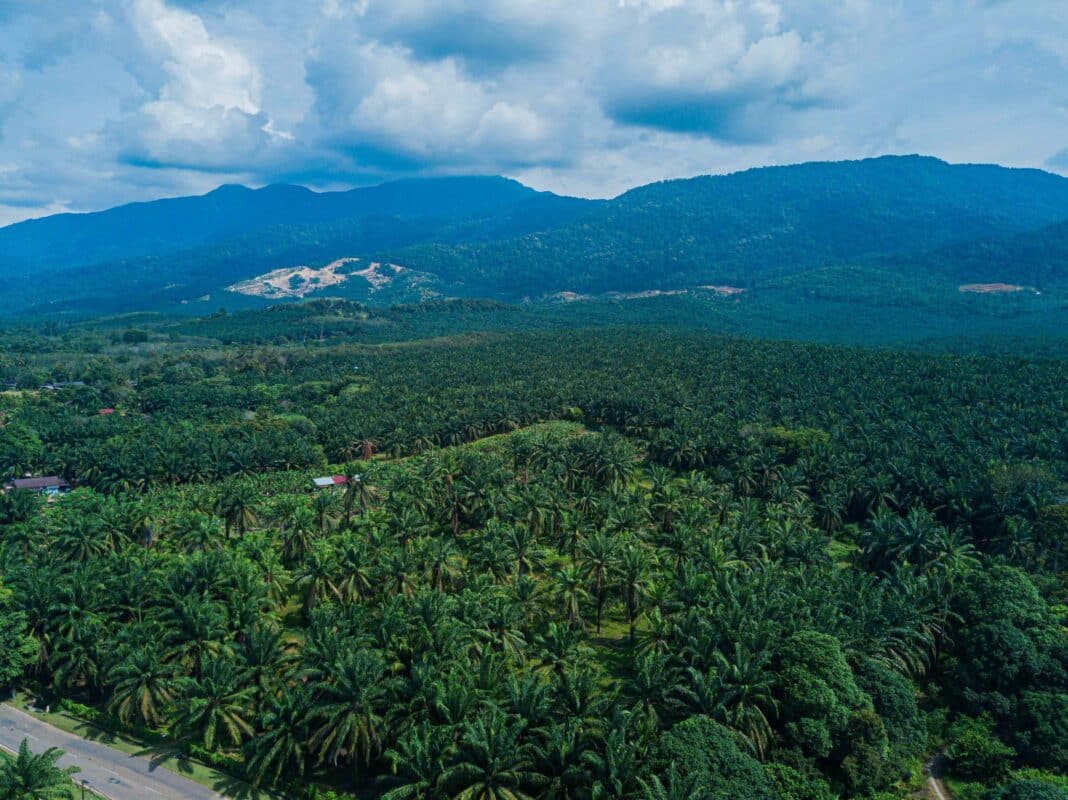Over 200,000 hectares of palm oil plantations on the Indonesian side of Borneo will be converted back to natural forests under a landmark commitment announced by the Indonesian government on Tuesday.
It continues a push by Indonesia to reduce deforestation and promote reforestation, which has seen it reduce its primary tropical forest loss more than any other country after reaching a high in 2016.
The commitment was made by Indonesian Forestry Ministry Secretary General Bambang Hendroyono, who said the action was a key part of the country’s strategy to fight climate change.
Indonesia is the world’s largest palm oil producer, and in 2020, it brought in new regulations to determine the legality of plantation operations in areas that were supposed to be forests.
Last year, Palm Oil accounted for 11% of Indonesia’s US $5.7 billion export earnings, with the government under scrutiny for regulating its surging plantations.

According to the BBC, palm oil production is responsible for about 8% of global deforestation and has been responsible for 36% of forest loss on the Indonesian side of Borneo since 2000. On the Malaysian side, it claims that Palm Oil has contributed to 45% of deforestation over the same period.
The region is responsible for 85% of the world’s palm oil production, with “palm oil used in close to half of the products we buy in the supermarkets – in everything from shampoos and soaps to pizzas and biscuits,” according to Dr Emma Keller from the World Wide Fund for Nature.
It is also one of the commodities impacted by the new EU Deforestation Regulation (EUDR), which, from next year, requires traders to carry out due diligence and ensure that products are legal and on land that is not deforested.
Palm oil producers had until Thursday to submit paperwork and pay fines to obtain cultivating rights on their plantation by November 2, 2023, according to the rules.
While 3.3 million hectares of the country’s nearly 17 million hectares of palm plantation are in forests, “only owners of plantations with a combined size of 1.67 million hectares have been identified,” according to Secretary Hendroyono, with hopes that the remaining companies will register leading up to the deadline.
As of Wednesday, the government was still cataloguing the designated production forests, “meaning owners will have to pay fines, but they can continue to grow palm trees.”
Indonesia’s top Security Minister, Mahfud MD, has vowed to pursue legal action against companies that breach the new rules after this week passes. However, the decision not to prosecute companies for past indiscretions has been criticised by environmental groups.
For its part, Indonesia has launched several programmes to improve governance in its massive palm oil industry amid criticism of the crop’s impact on deforestation.
A moratorium on logging in new palm oil plantations was made permanent in 2019, whilst last year, the government started an industry-wide audit, followed by this year’s launch of a task force to ensure companies pay the correct taxes.
As reported by Wood Central earlier this year, 83% of palm oil is already operating under no deforestation, no peatland and no exploitation commitments.







